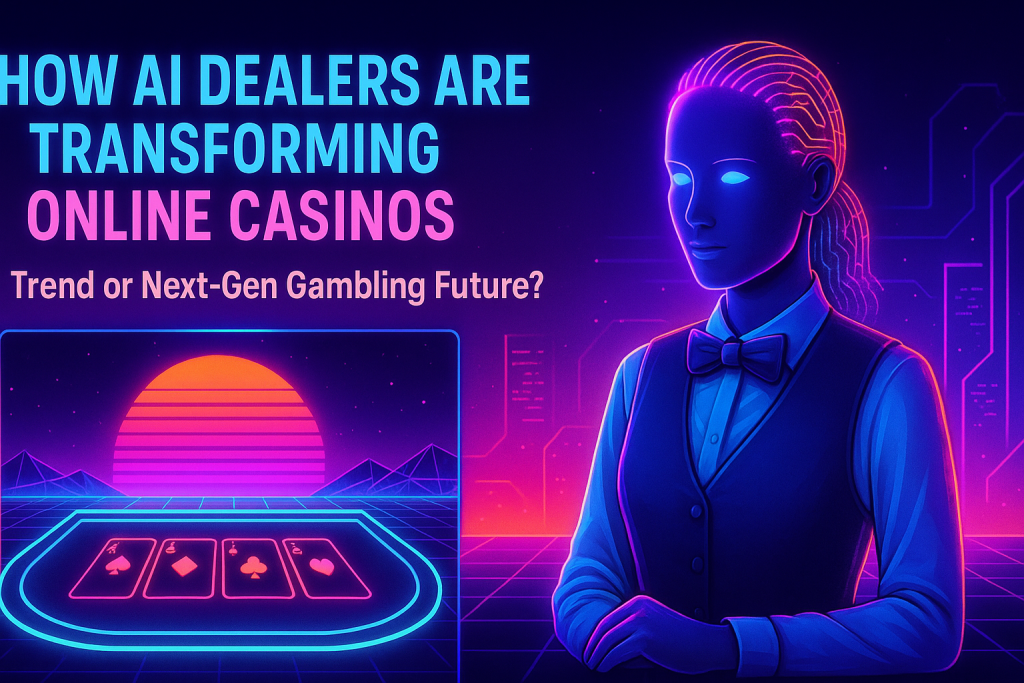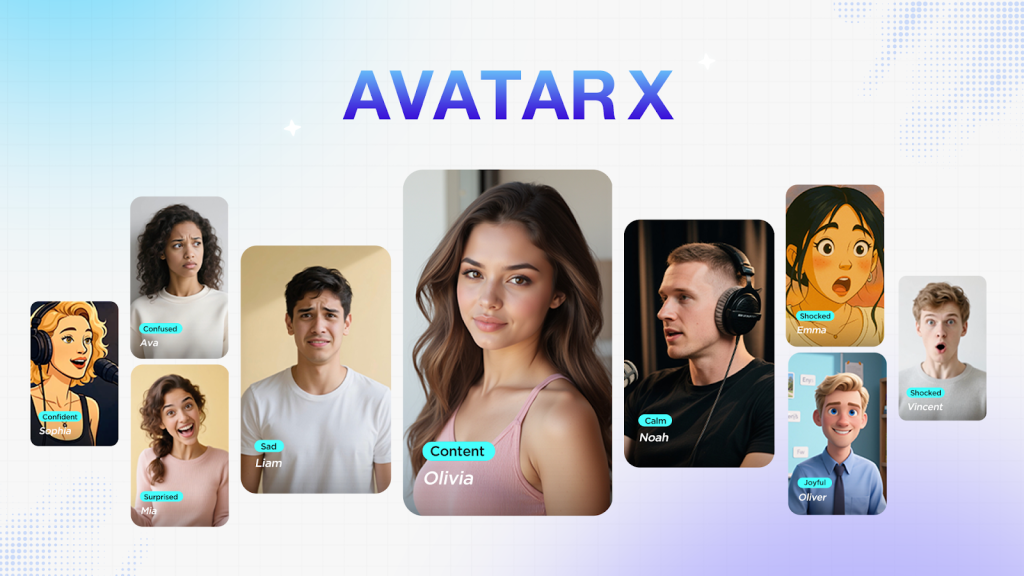Gambling industries are constantly on the rise, driven by a relentless technological revolution. Thanks to the partnership between the gaming industry and tech, the global gambling market is expected to grow at a CAGR of 8.13% between 2022 and 2027, reaching $90.2 billion.
One of the most recent such partnerships between tech and gambling finds expression in AI-assisted gambling. Proponents think that the partnership between AI dealers and next-gen casinos could dictate the future of gambling. Others think the whole partnership might be a ruse. Keep reading as we explore the prospects and challenges of this partnership.
What the Partnership between Casino and AI Feels Like
Modern casino technology foresees a future where AI technologies redefine every aspect of the casino and gaming experience, from operational efficiency to customer management. Supporters of this partnership think that a safe online casino like Stay Casino can unlock the power of AI and reach never-before-seen levels of personalization, predictive analysis, and workforce optimization that set the stage for a revolution in the industry. Next, we consider the major prospects of the partnership between AI and modern gambling sites.
Unrivalled Personalization
How would you feel at a casino where every aspect is tailored to your personal interests or wants? AI-driven personalization ensures that every client feels like a VIP, whether they’re playing games or selecting teams at a top casino online.
To achieve this, casinos analyze customers’ preference data, such as social media engagements, demographic information, and transaction history, which provides deep insights into individual player choices and behaviors. Gambling sites leverage such knowledge when creating personalized marketing campaigns and enhanced loyalty programs to provide gaming experiences that resonate with each gamer on a personal level.
Optimised Labour Efficiency
The environment surrounding a typical brick-and-mortar casino can sometimes be chaotic. Sometimes, there are other entertainment options like hotels, restaurants, and stores within the same building. However, with AI-assisted labour, walk-in casinos can optimise staffing levels that can significantly introduce efficiency and seamless operations to their day-to-day routine.
Here’s how it works. Casinos will leverage AI to provide unparalleled insights into workforce optimisation. It predicts staffing requirements with unmatched accuracy by analysing event schedules, customer traffic patterns, and other miscellaneous factors that influence workforce demands.
That way, casinos can effectively optimise their staffing levels, allocate shifts effectively, and streamline operations – all while minimising labour costs and maximising customer satisfaction. This ability to anticipate future personnel demands can help a dynamic industry like gaming to embrace a more proactive and data-driven staffing approach.
With such technologies, casinos can stay ahead of the curve, so that the right people in the right places are available to provide exceptional customer experiences to users.
Predictive Analytics
Perhaps the most popular function of AI in the gaming industry is its ability to predict event outcomes. Predictive analytics allows AI to analyze vast volumes of data while identifying patterns, trends, and opportunities that might elude the human eye.
Moreover, AI allows casinos to make informed, data-driven decisions that help them meet their goals, whether they’re predicting market trends or anticipating customer behavior. Also, AI’s predictive powers create new frontiers and possibilities for the gaming industry, from mitigating risks to optimizing game offerings and anticipating player choices.
Challenges of AI-Assisted Gambling

Researchers have linked highly successful gambling scams to AI. These scams often include malicious social media adverts and illegitimate online casino sites that aim to rip unsuspecting users of their hard-earned funds.
A Group-IB CERT intelligence specialist team that researched over 500 fraudulent adverts, which included online gambling scams, discovered that they were aided by AI. “A major factor in the success of these scams is the use of fake reviews and testimonials,” reported the team.
“These fake reviews often include screenshots, detailed narratives, and even pictures of successful players.“ Moreover, the misinformation tricks users into thinking others have cashed out large sums of funds, baiting them into the scam, according to the report.
However, the researchers have also suggested a few tips to help gamblers stay clear of gambling scams. To stay safe while playing online, the specialists recommend that users avoid untrusted downloads, remain cautious of third-party files, and verify the authenticity of any deal before investing their resources in it.
Conclusion
The potential of AI to transform next-gen casinos is limitless. Proponents of this partnership believe that casinos can unlock a novel level of efficiency, profitability, and personalization. However, deterrents think the partnership could only create more opportunities for fraudsters to execute their heinous crimes under the guise of legitimate gambling.
End-users will do well to stay alert and only work with licensed gambling platforms from recognized regulators like Curacao Gaming and the United Kingdom Gaming Commission (UKGC). To save the potential for fraudulent practices, AI undoubtedly offers a brighter and more prosperous future in the online gaming sector.





















